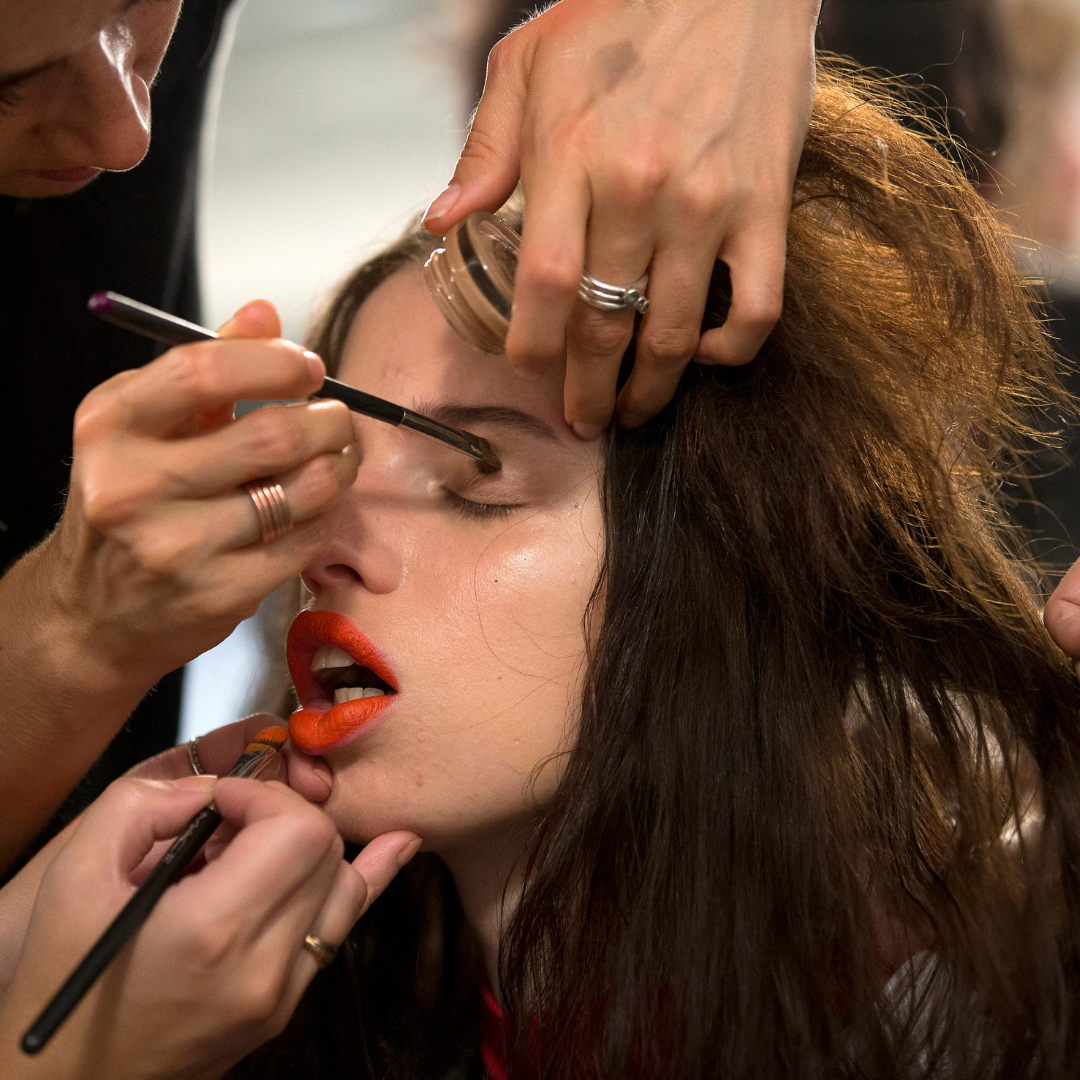
The UK beauty industry is having a moment – and it’s a big one. Defying the odds, the sector has not only weathered a series of economic storms but has emerged stronger, with an impressive 11% growth this past year. As the British Beauty Council's Value of Beauty report reveals, the industry is now valued at a staggering £27.2 billion. This surge brings the UK beauty market tantalisingly close to snatching the crown from France as Europe’s top beauty destination.
Luxury leads the way
One of the most staggering highlights? The surge in luxury beauty sales. US market research firm Circana reports that the UK’s prestige beauty market has swelled to £1.53 billion over the last year. That’s nearly double the growth seen across the Channel in France, where luxury sales rose by a more modest 6%. British beauty brand pioneers like Charlotte Tilbury and Victoria Beckham Beauty are leading the charge, fuelled by the ever-influential beauty gurus who continue to shape what’s hot—and what’s not—on social media.
More than just lipstick and mascara: An economic powerhouse
Beauty isn’t just about glam; it’s also a serious economic player. With a 10% rise in employment, the industry now supports over 603,000 jobs—no small feat. The tax contributions alone are enough to cover 86% of the annual budget for the Department for Digital, Culture, Media & Sport. Millie Kendall OBE, CEO of the British Beauty Council, highlights the significance of this achievement: “British beauty has always been a hub of creativity, cultivating some of the most global beauty talent to date. We also lead the way when it comes to sustainability, product safety, and innovation. This has all resulted in this clear success, which is also reinforced by the power of beauty on the UK High Street.”
The industry's resilience has prompted a shift in focus toward global markets like China, the USA, Australia, and the Middle East, helping to counterbalance the nearly £1 billion dip in exports to the EU post-Brexit.
British beauty has always been a hub of creativity, cultivating some of the most global beauty talent to date.
Millie Kendall OBE, CEO of the British Beauty Council
A vital contributor to the UK economy
In 2023, the beauty and personal care sector contributed £13.5 billion directly to the UK’s GDP, making up 0.5% of the nation’s total economic output. That’s on par with the postal and courier industries and outpaces sectors like publishing, chemicals, and the creative arts.
Booming employment opportunities
Job seekers, take note: the beauty industry is on a hiring spree. In 2023, employment in the sector jumped by 10%, bringing the total to 418,000—making it a more significant employer than the real estate industry. The hair and beauty services sector alone is responsible for 224,000 of these jobs.
The future looks bright
Looking ahead, the beauty industry looks set to continue to boom, with Oxford Economics forecasting a 3% growth rate for 2025 – well above the broader economy’s expected 1% growth. This rosy outlook is partly due to the buzz around Sephora’s UK debut, with the new stores – especially in Manchester’s Trafford Centre – already performing beyond expectations.
As the UK beauty industry continues to sparkle on the global stage, it’s clear that this is more than just a fleeting trend. The sector's impressive growth and substantial economic contributions make it a force to be reckoned with, both at home and abroad. However, the industry’s future success will hinge on balancing its rapid expansion with mindful practices to ensure it remains a beacon of beauty—and responsibility.







